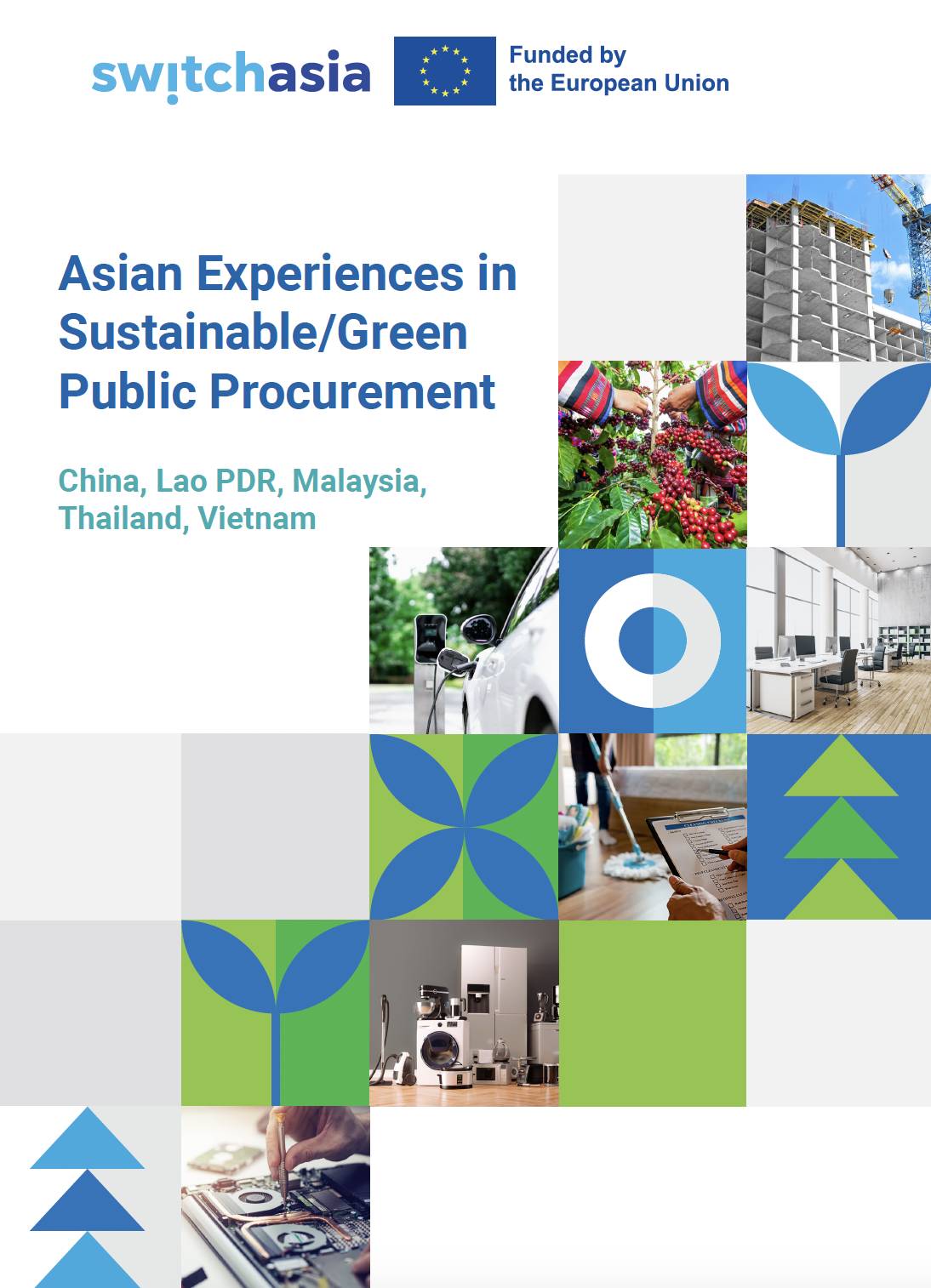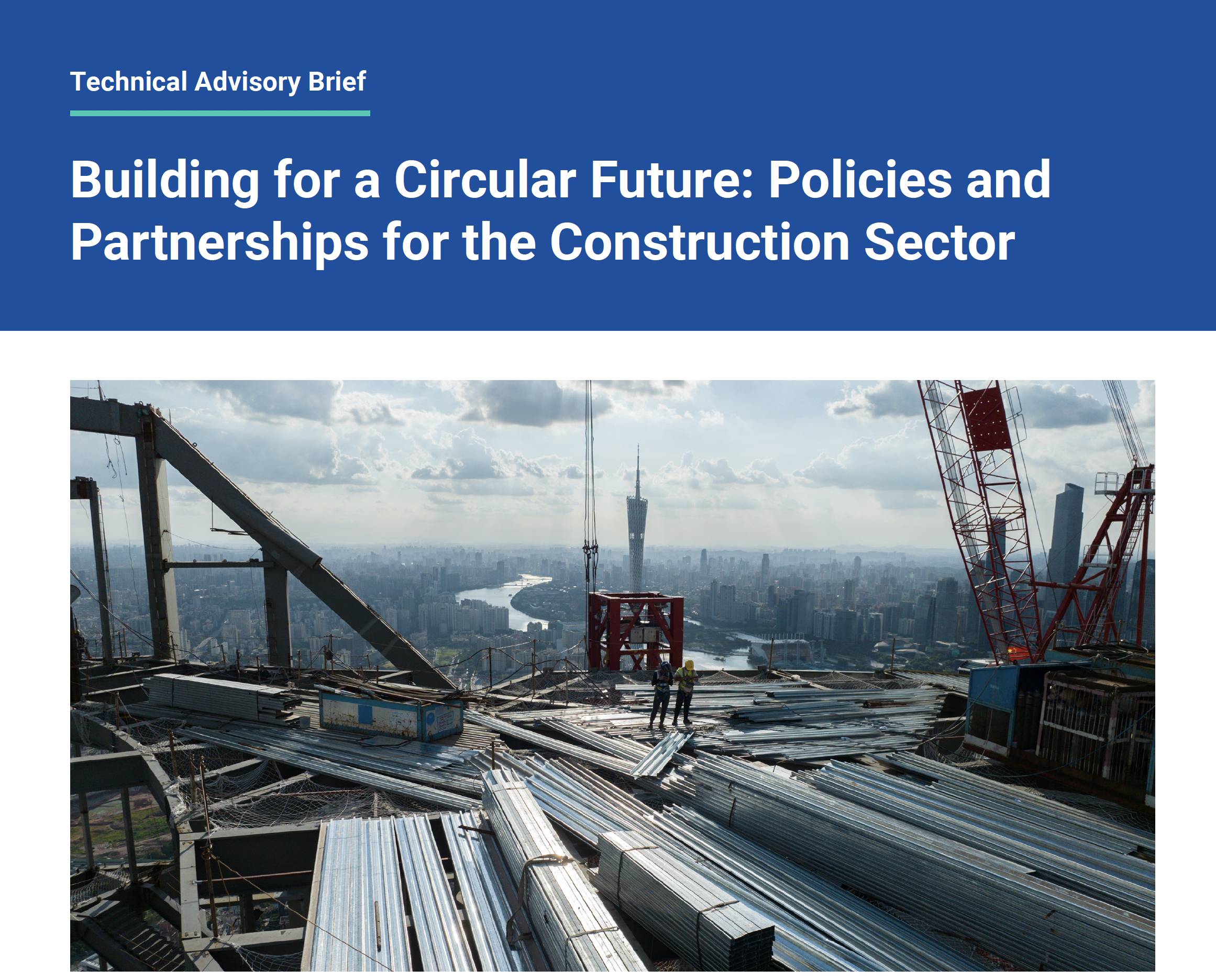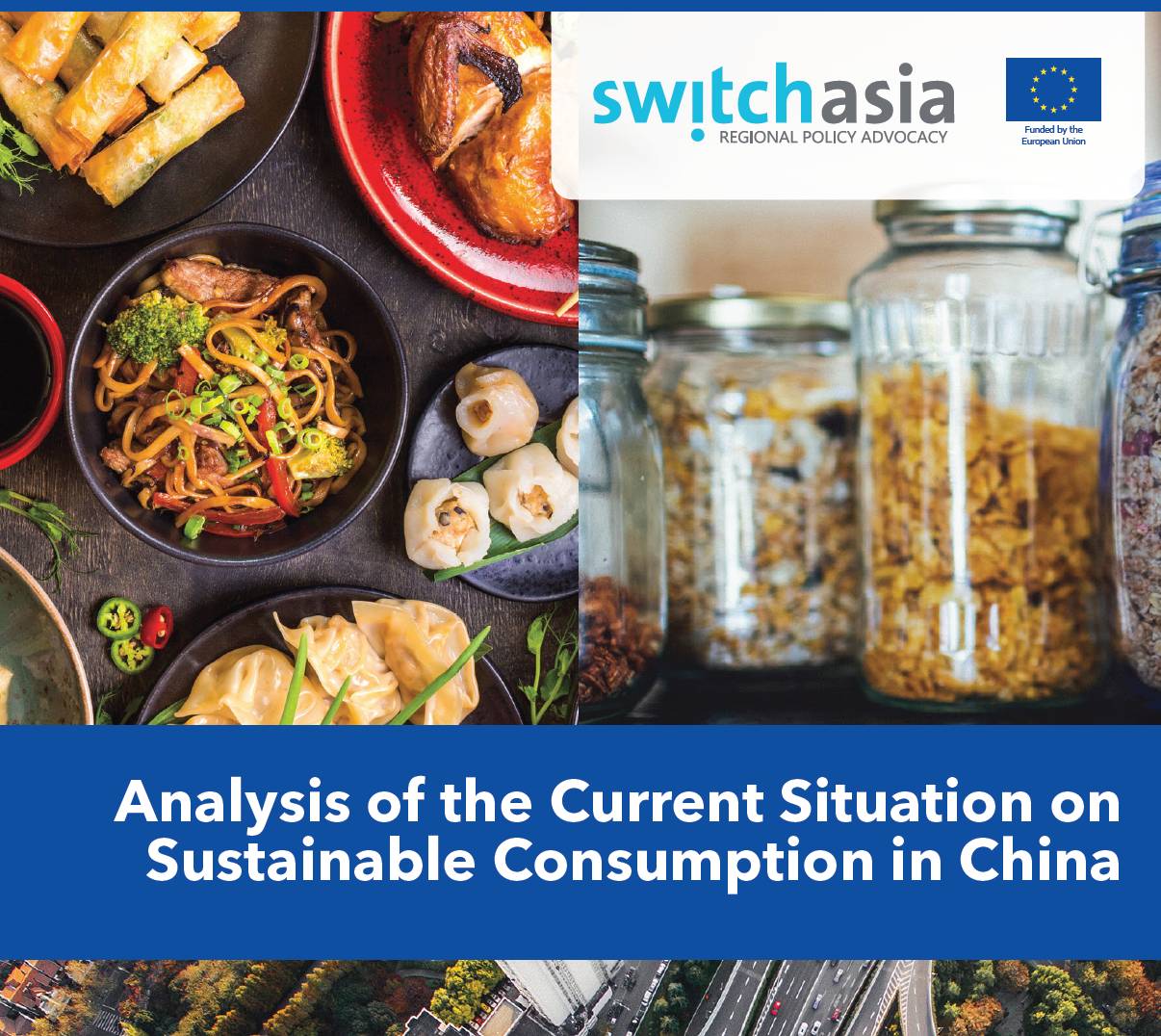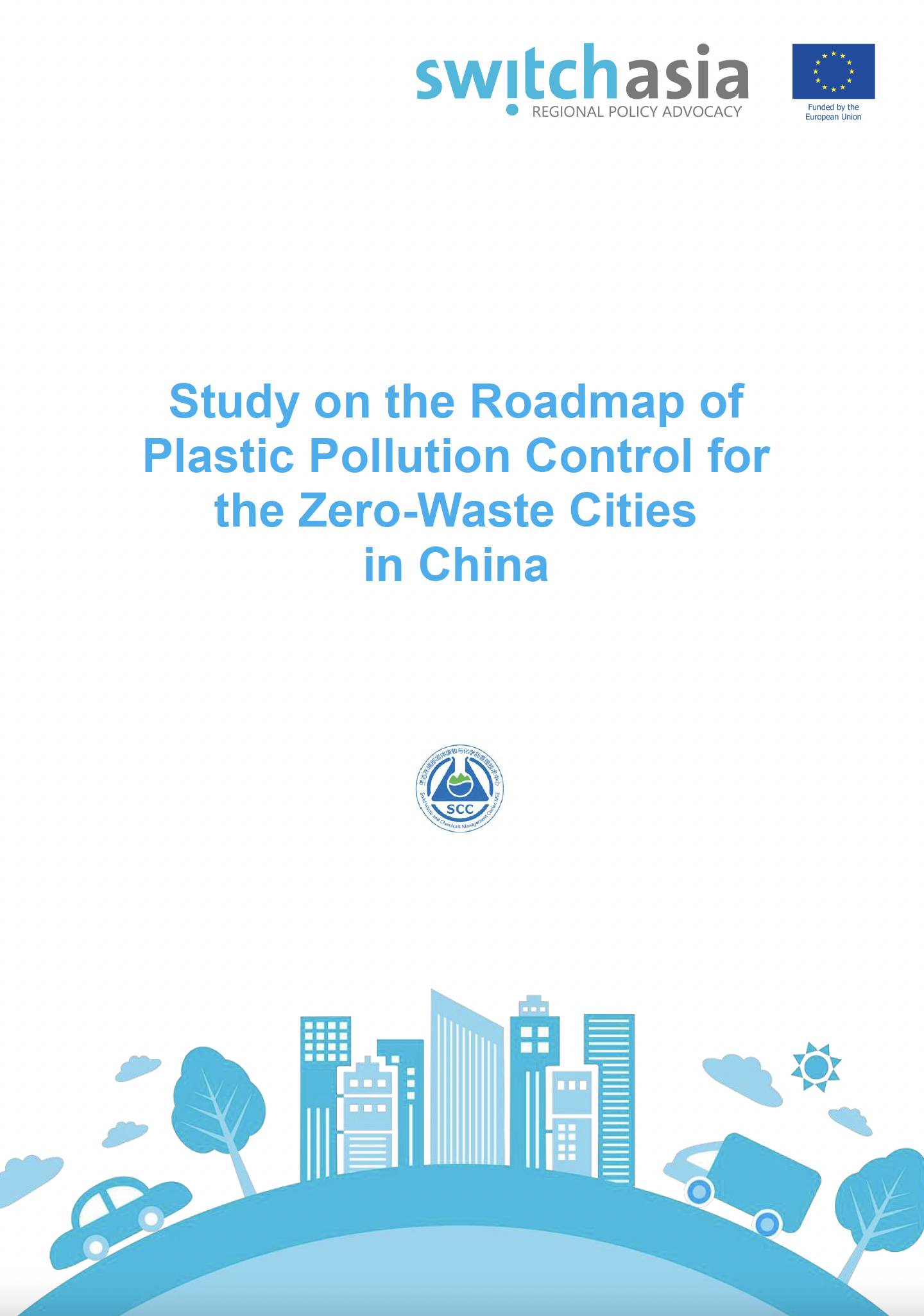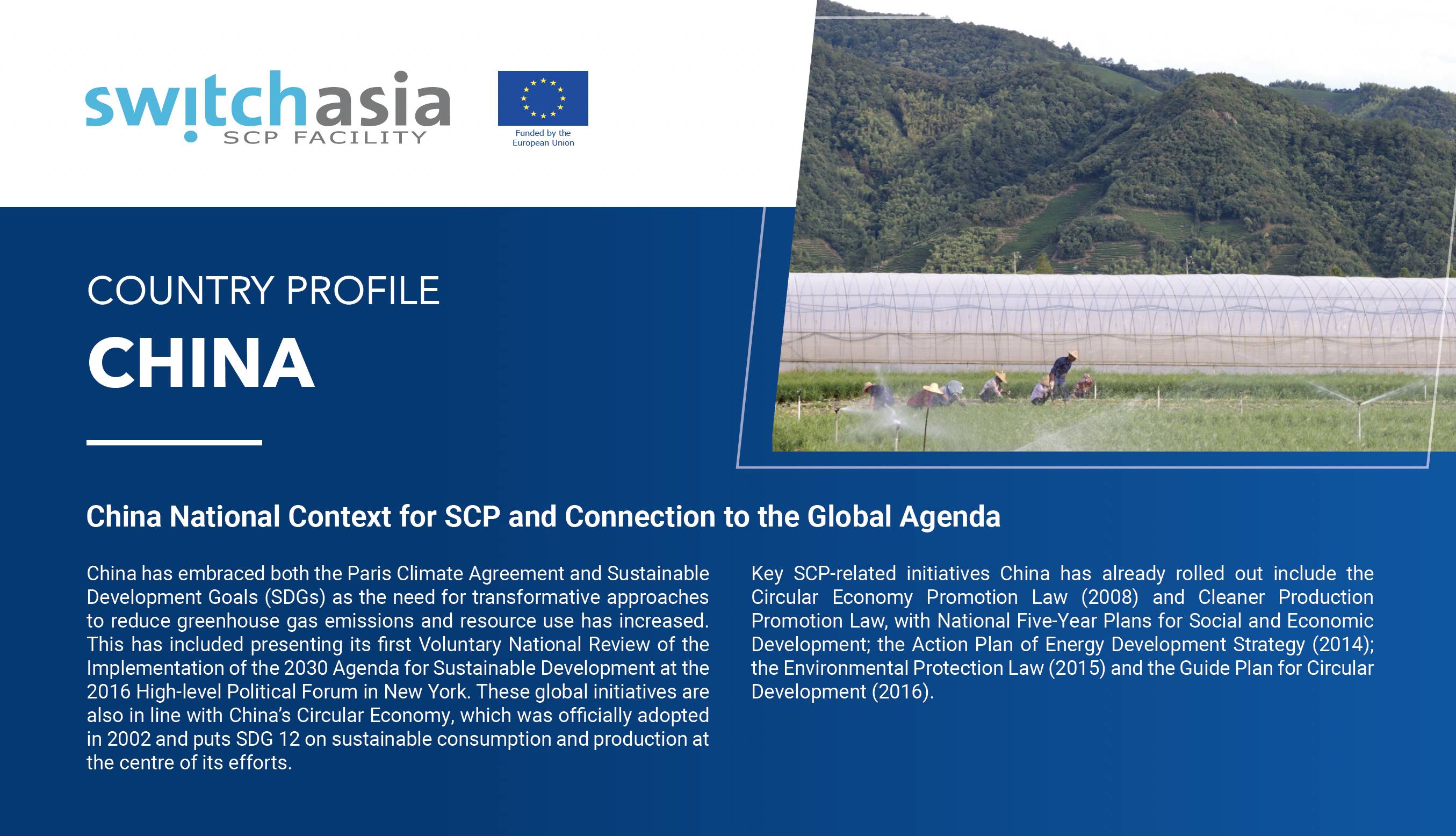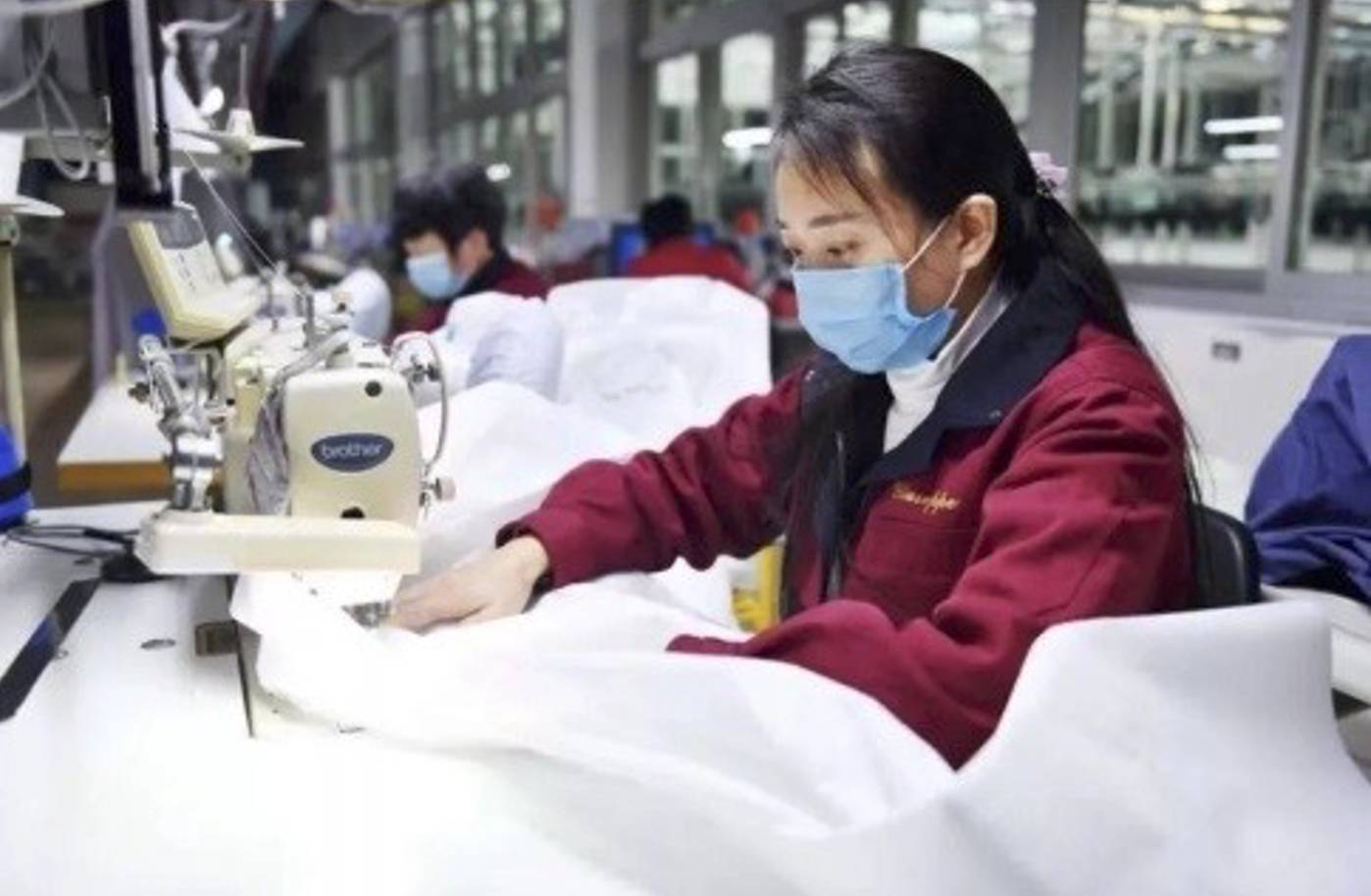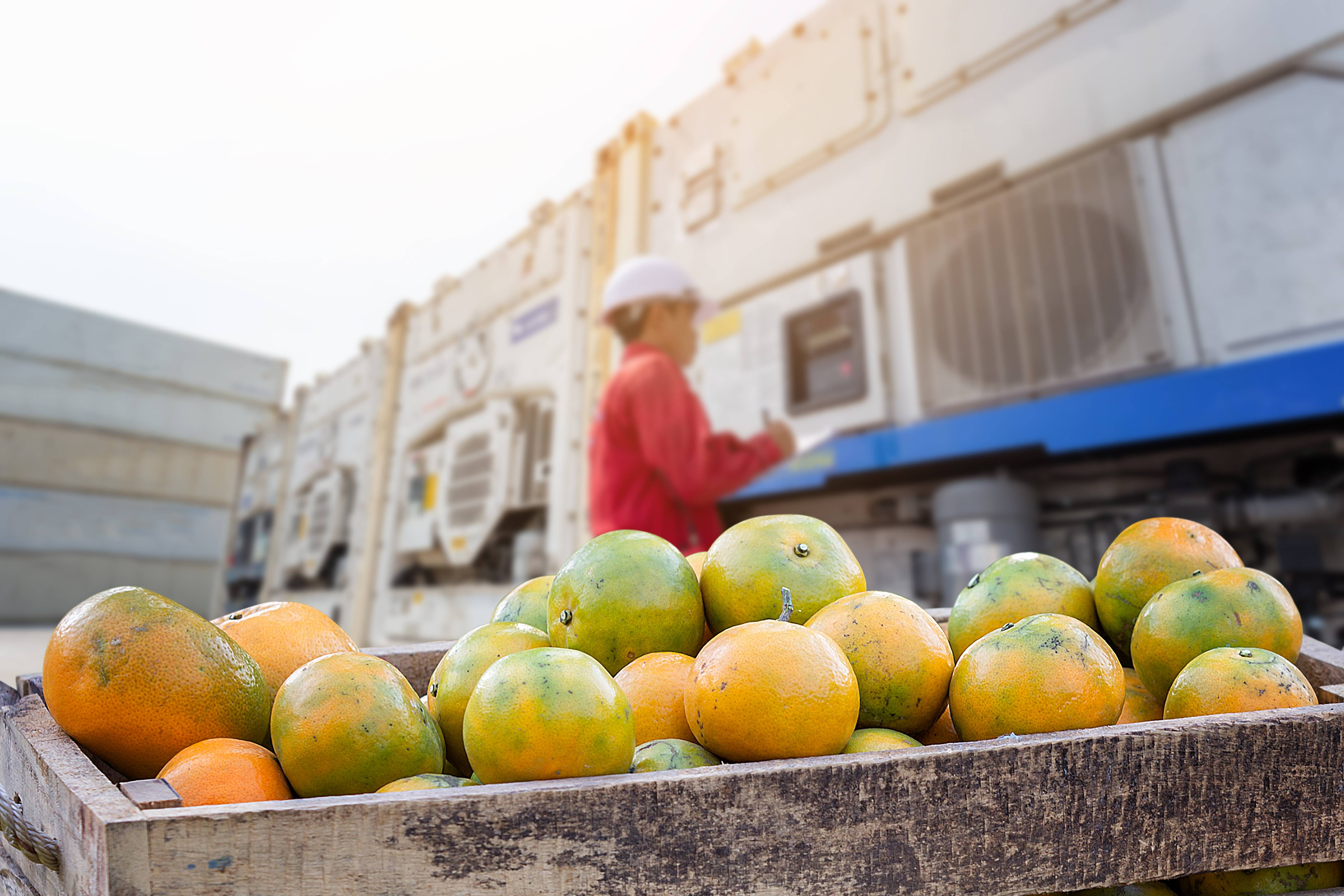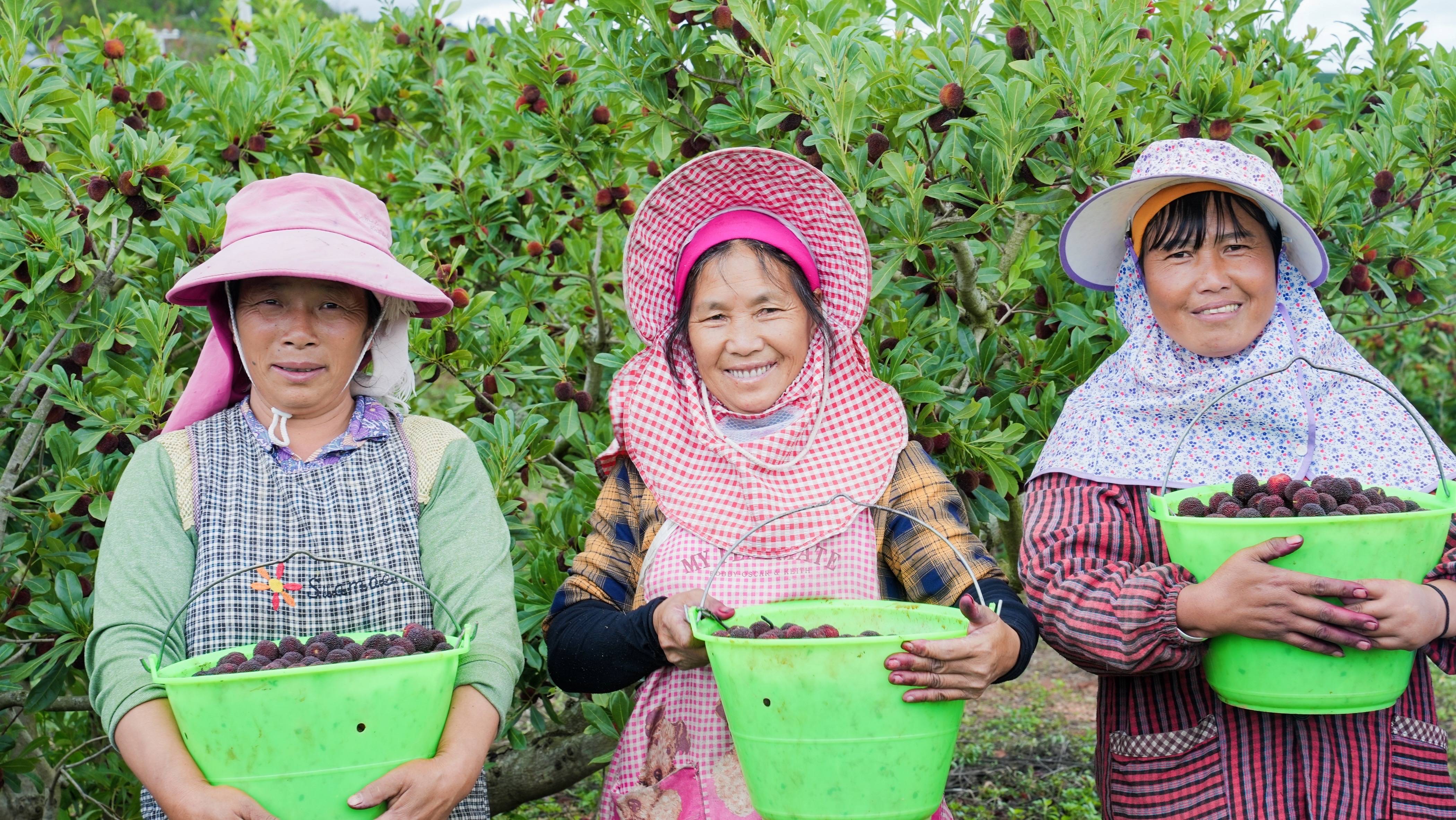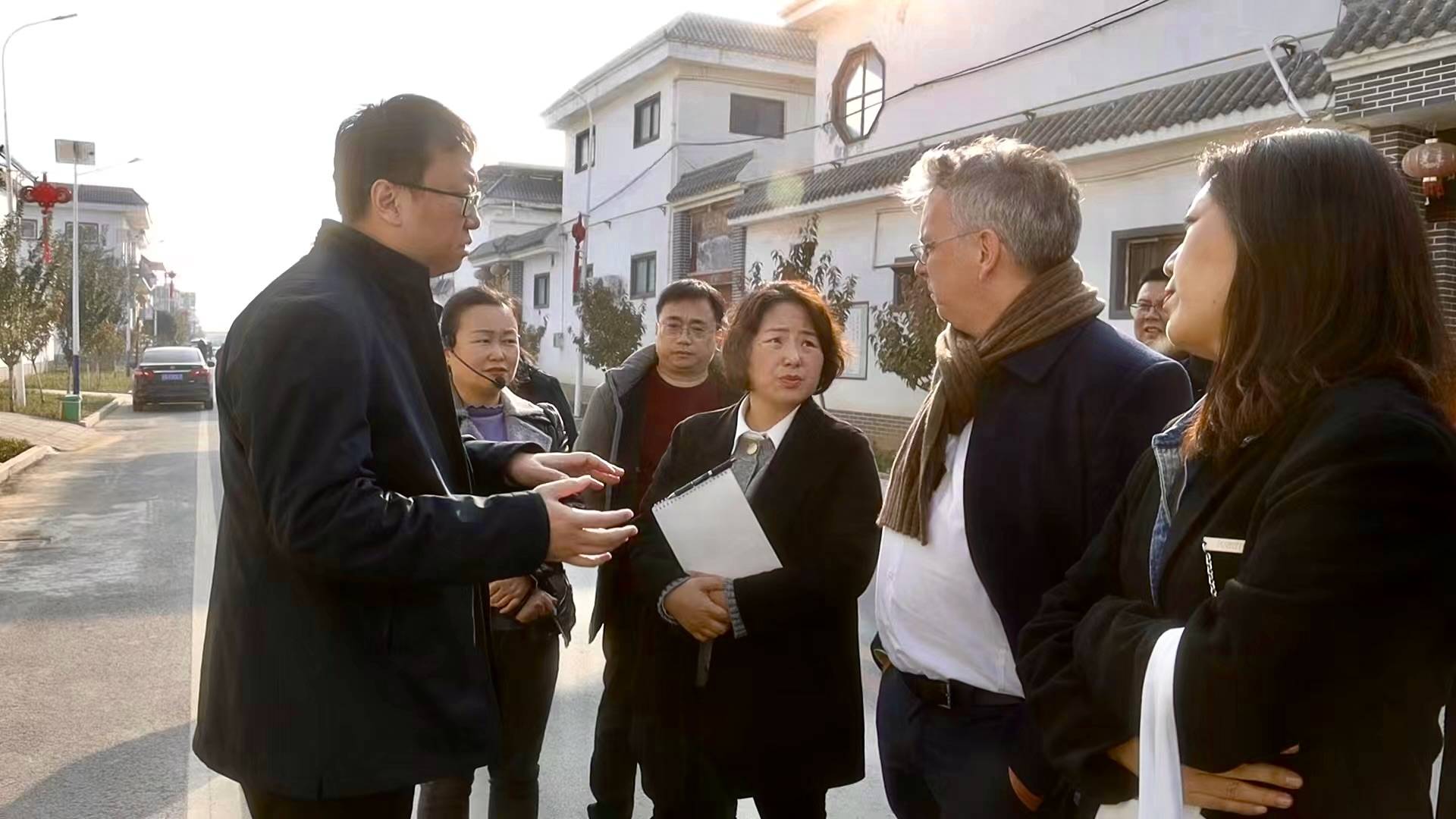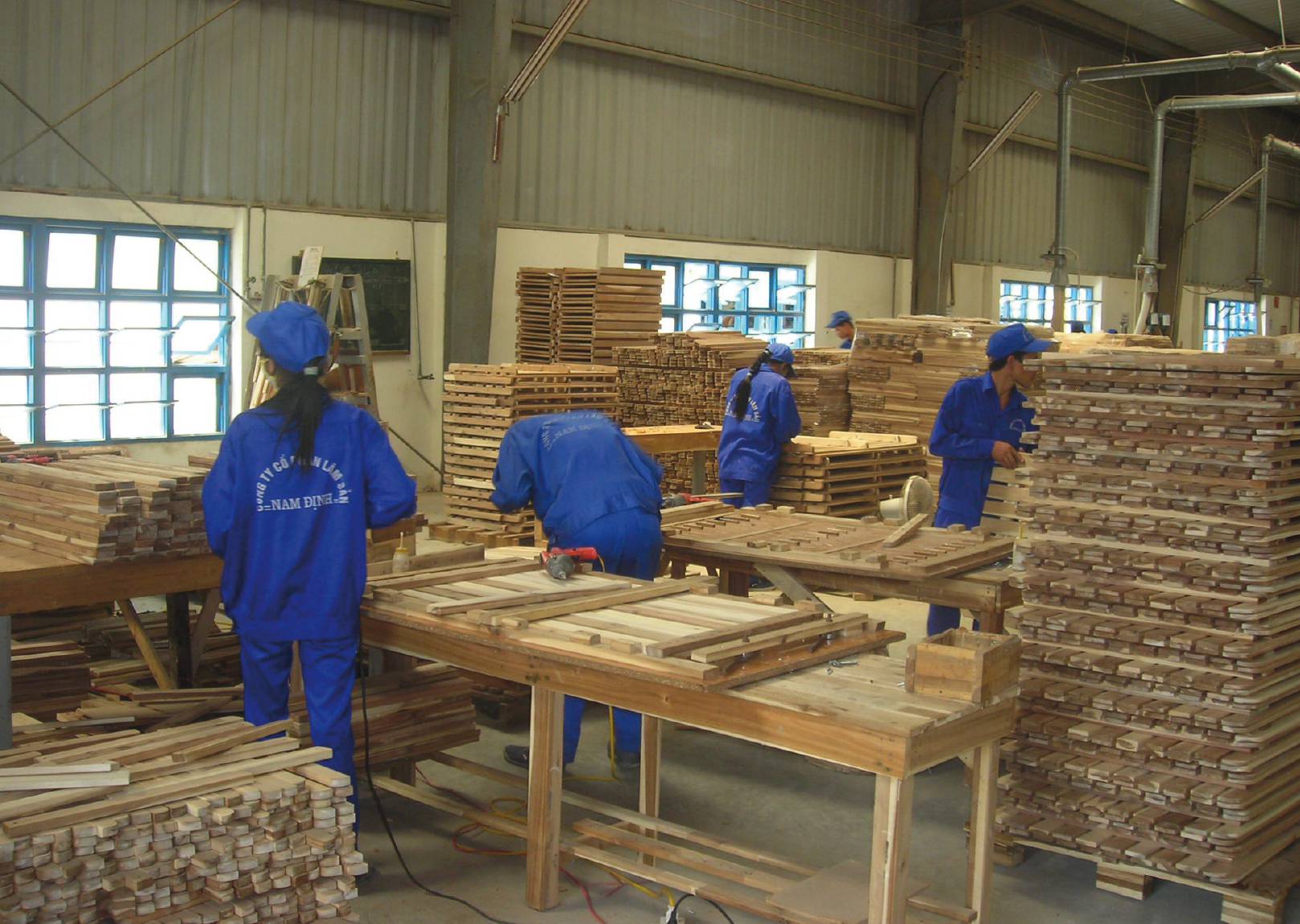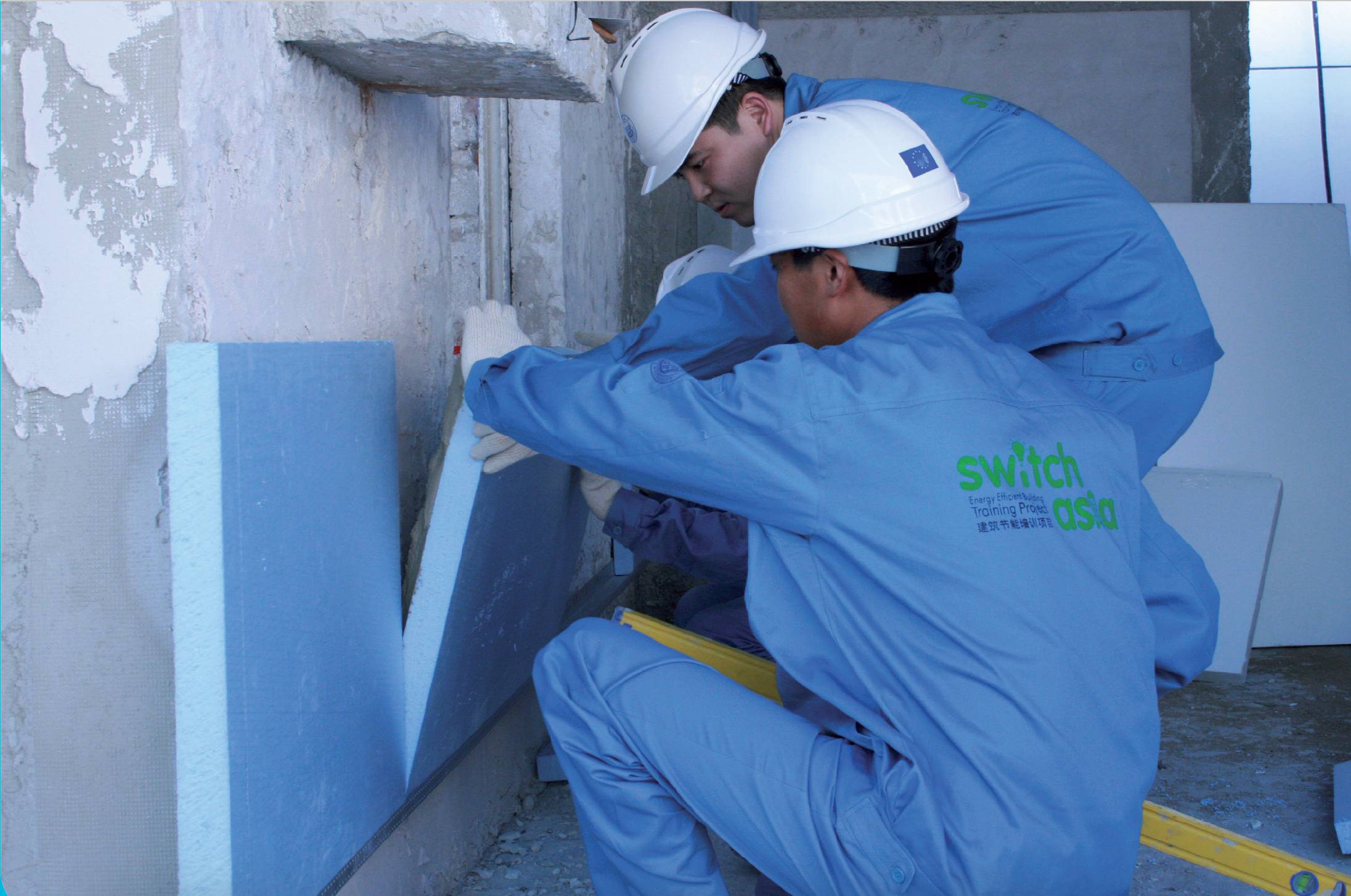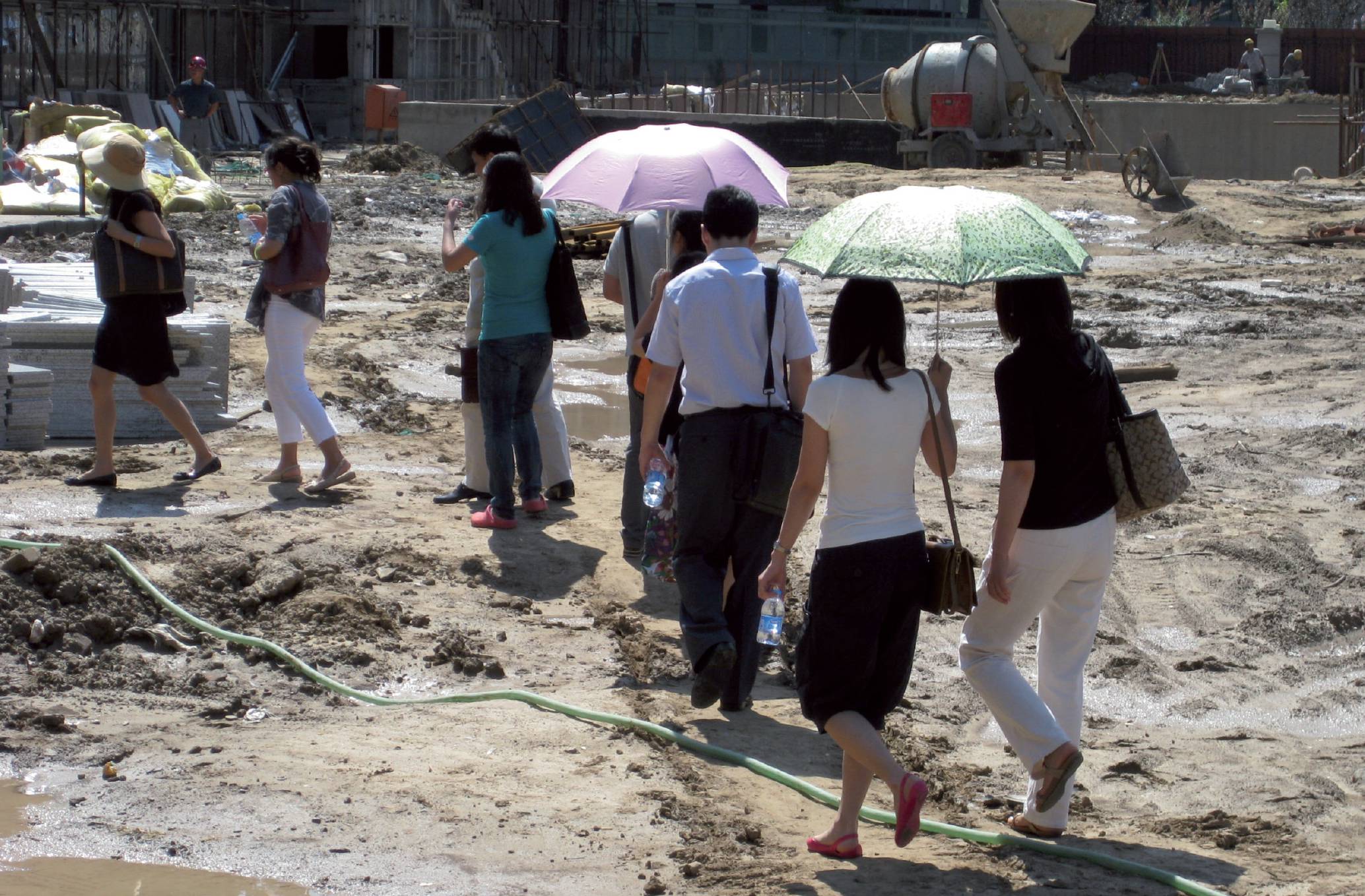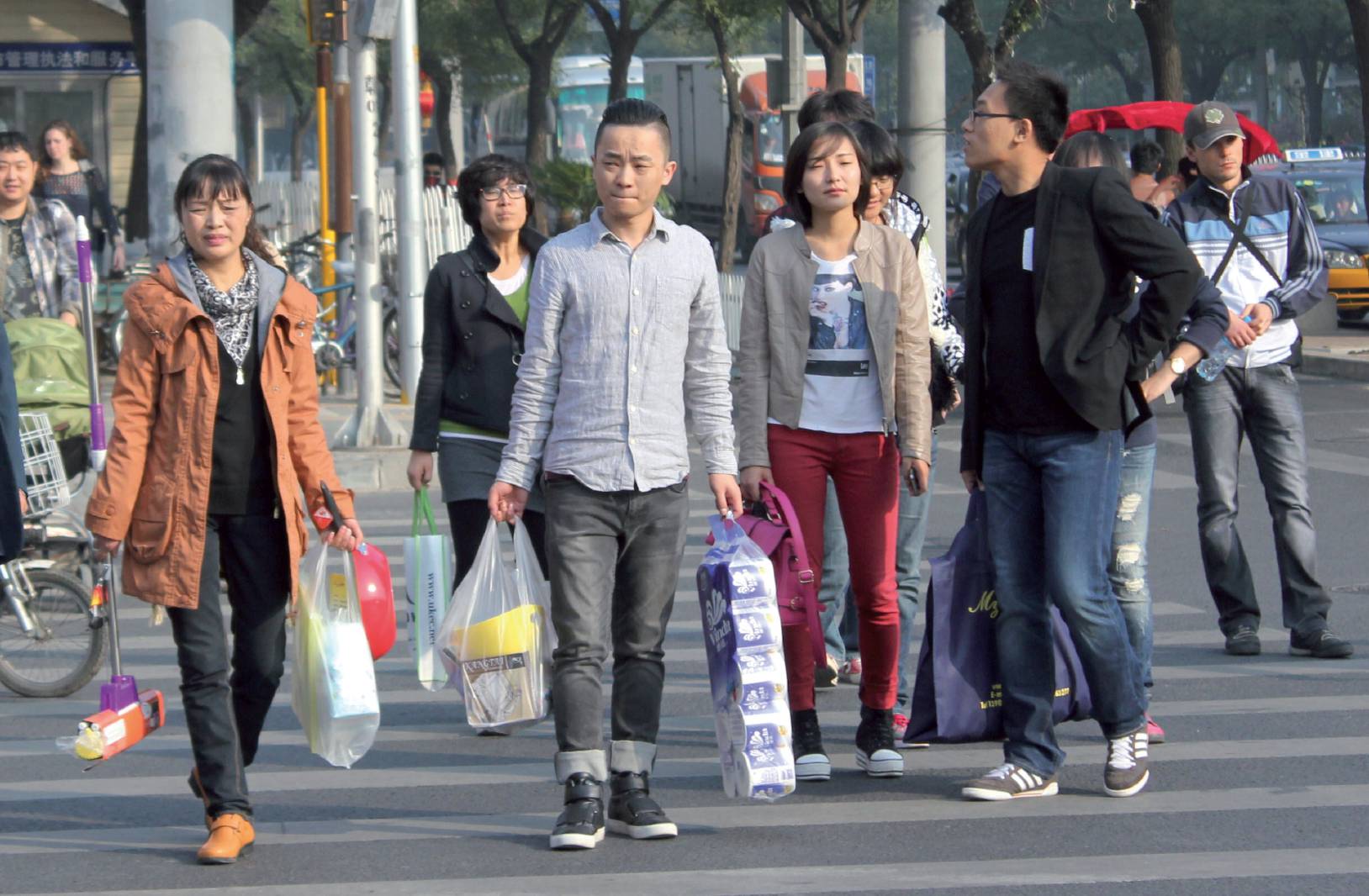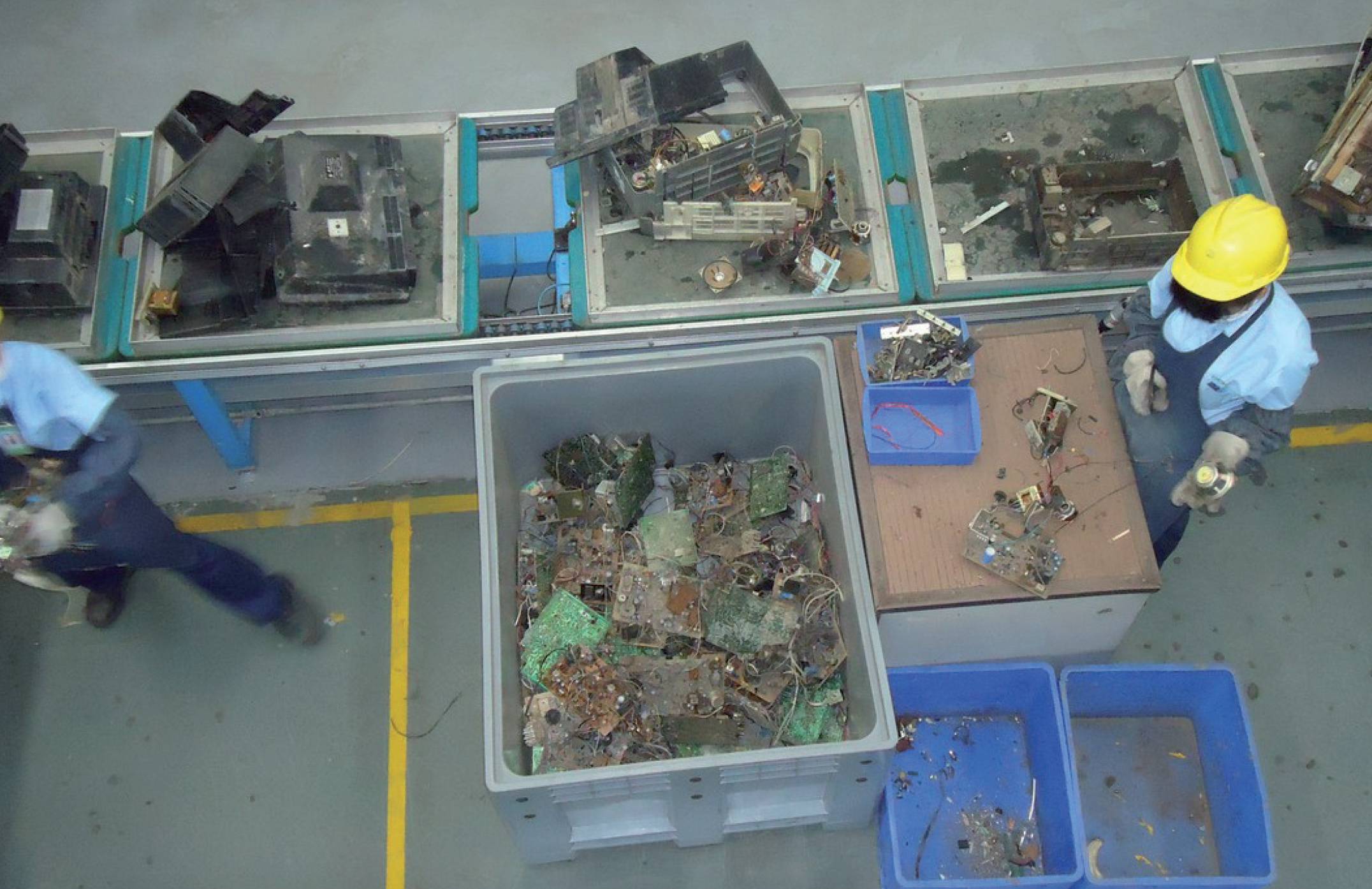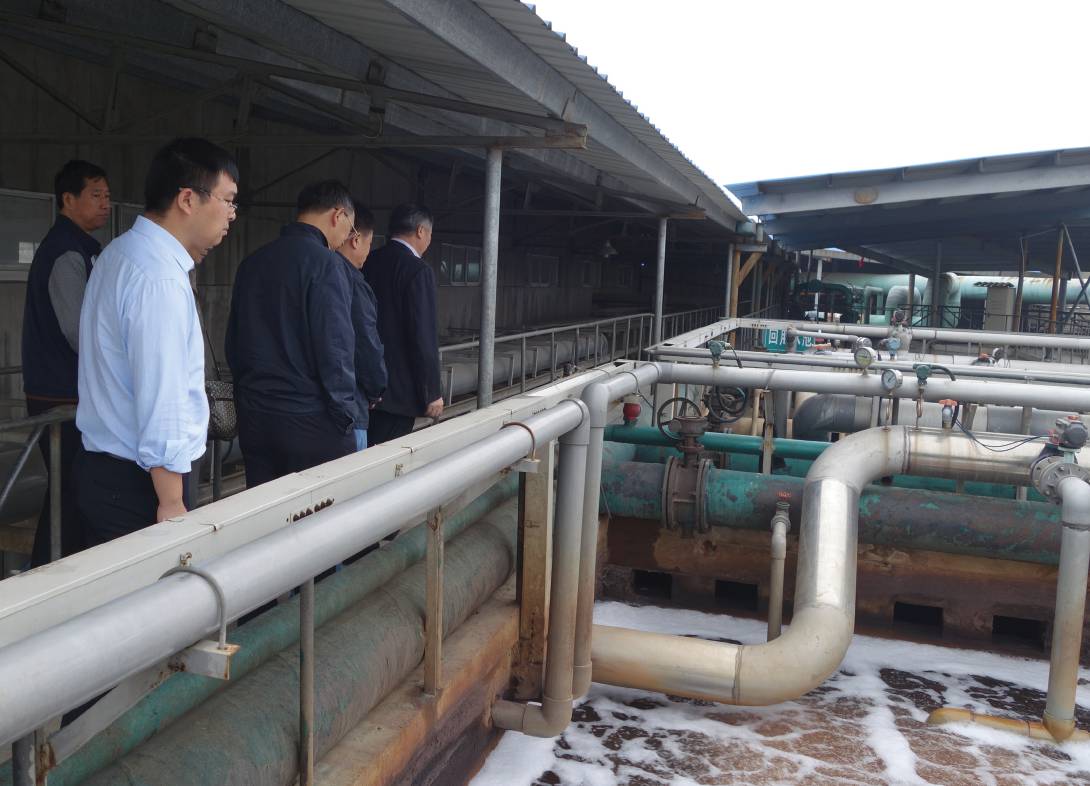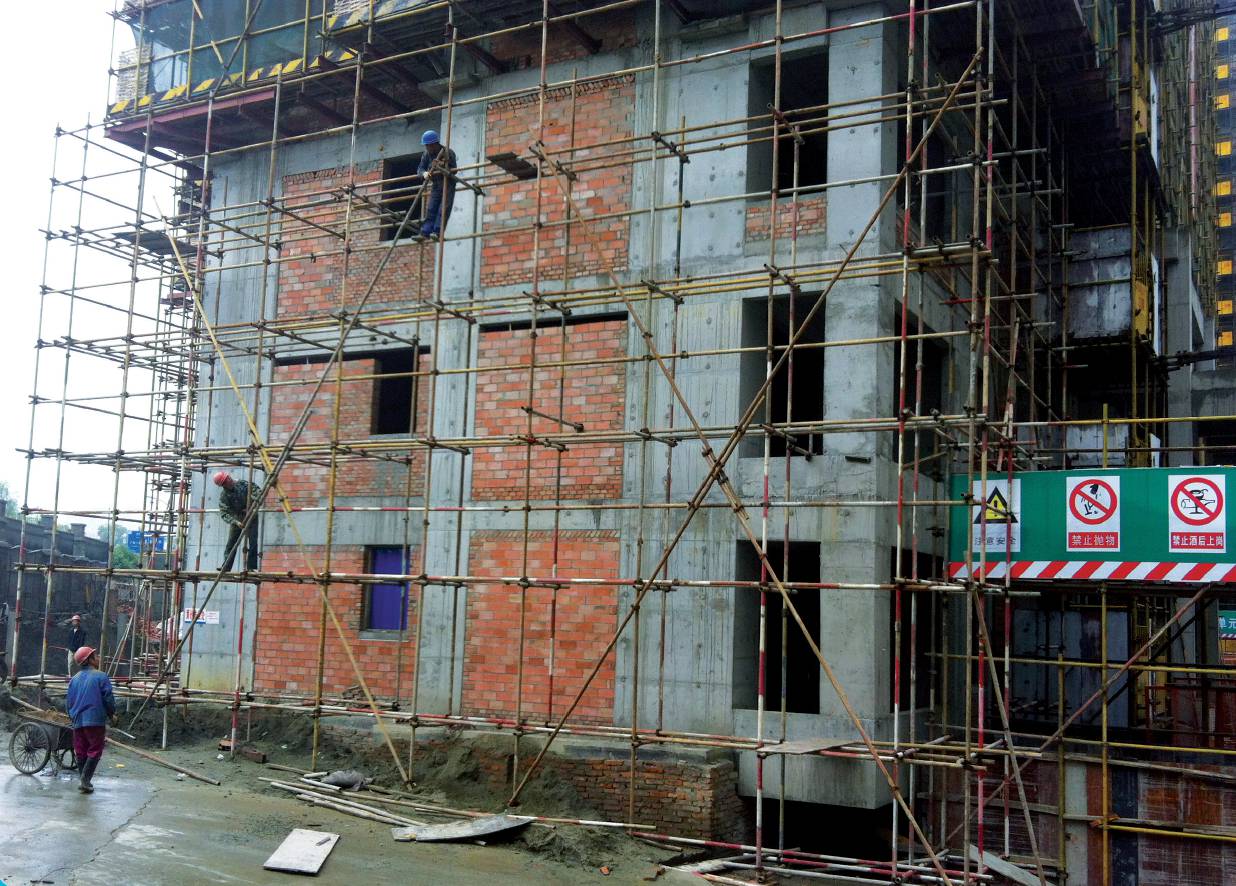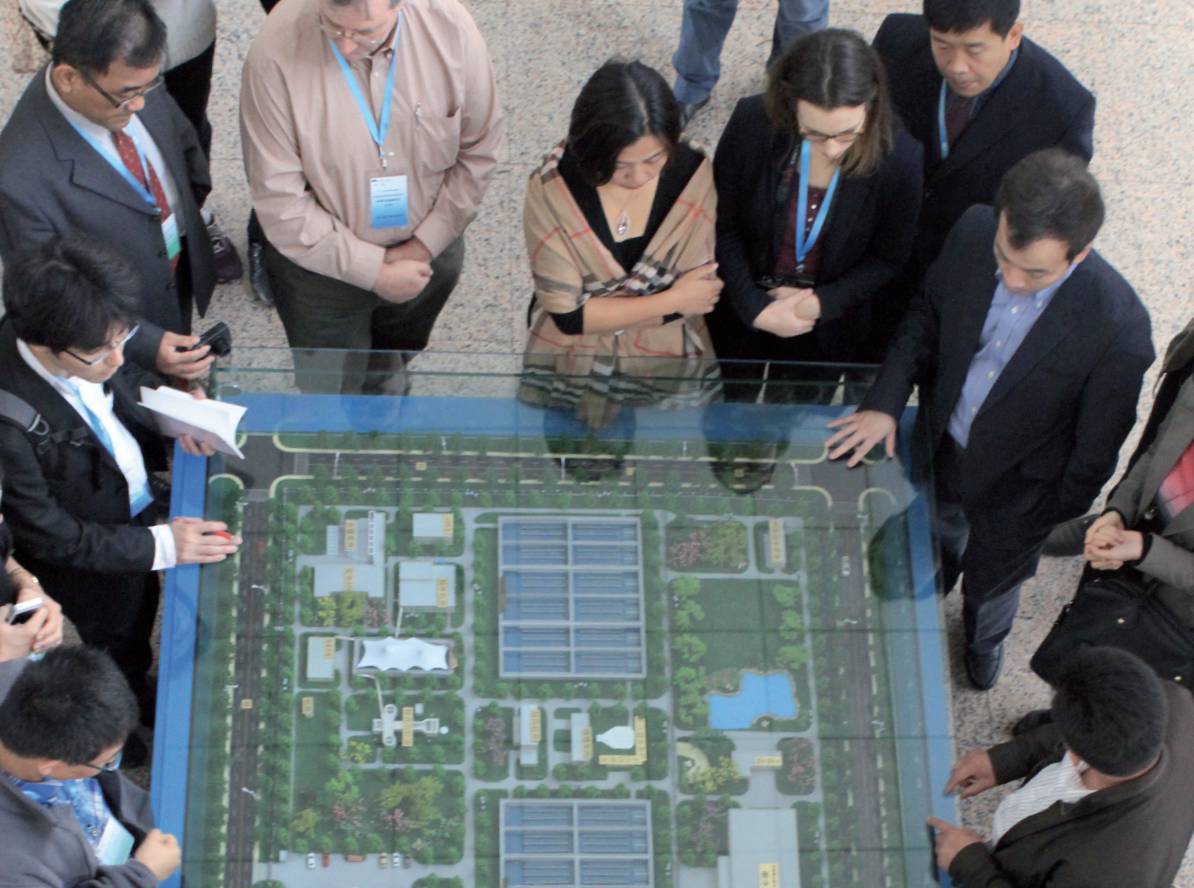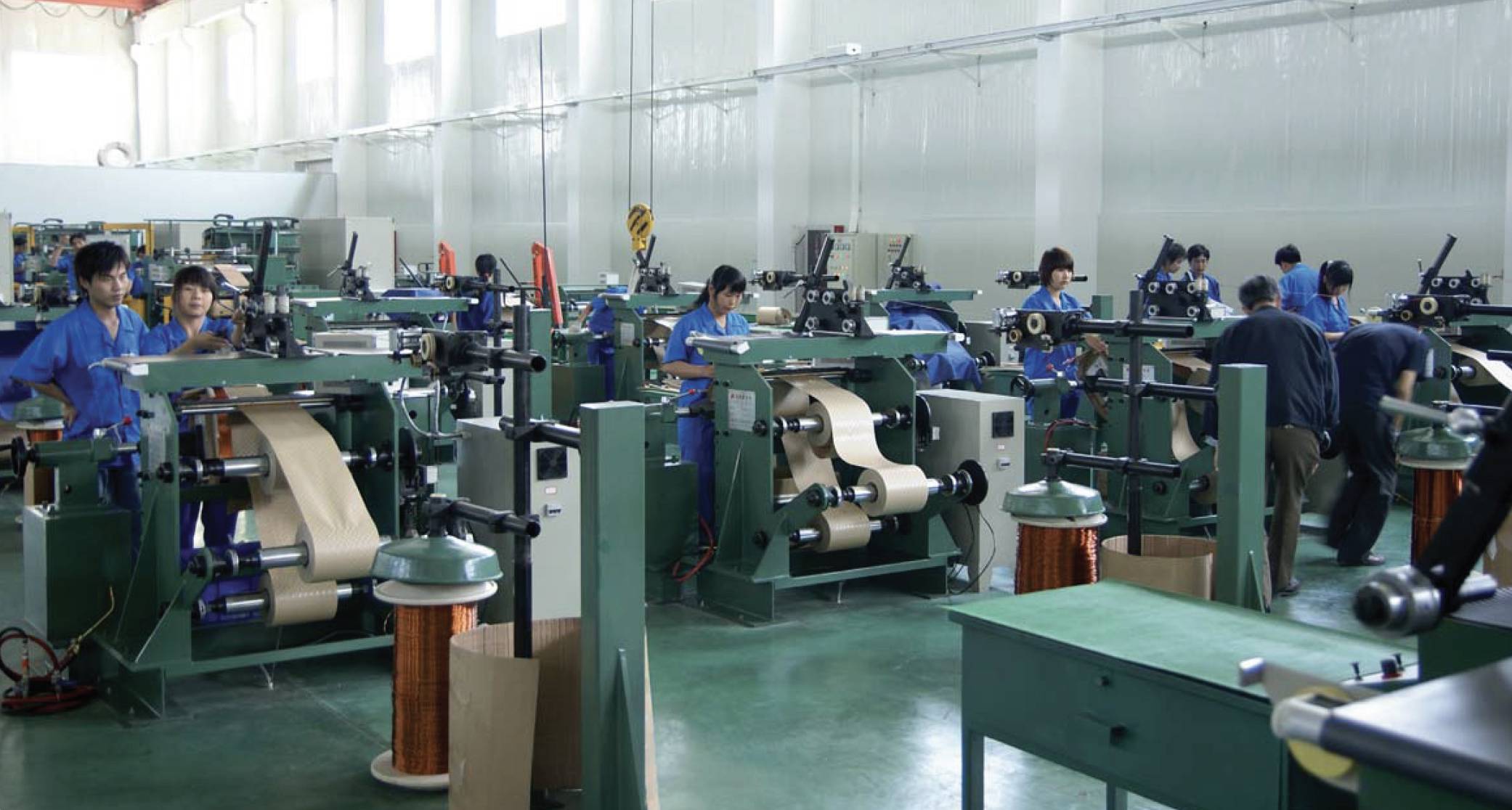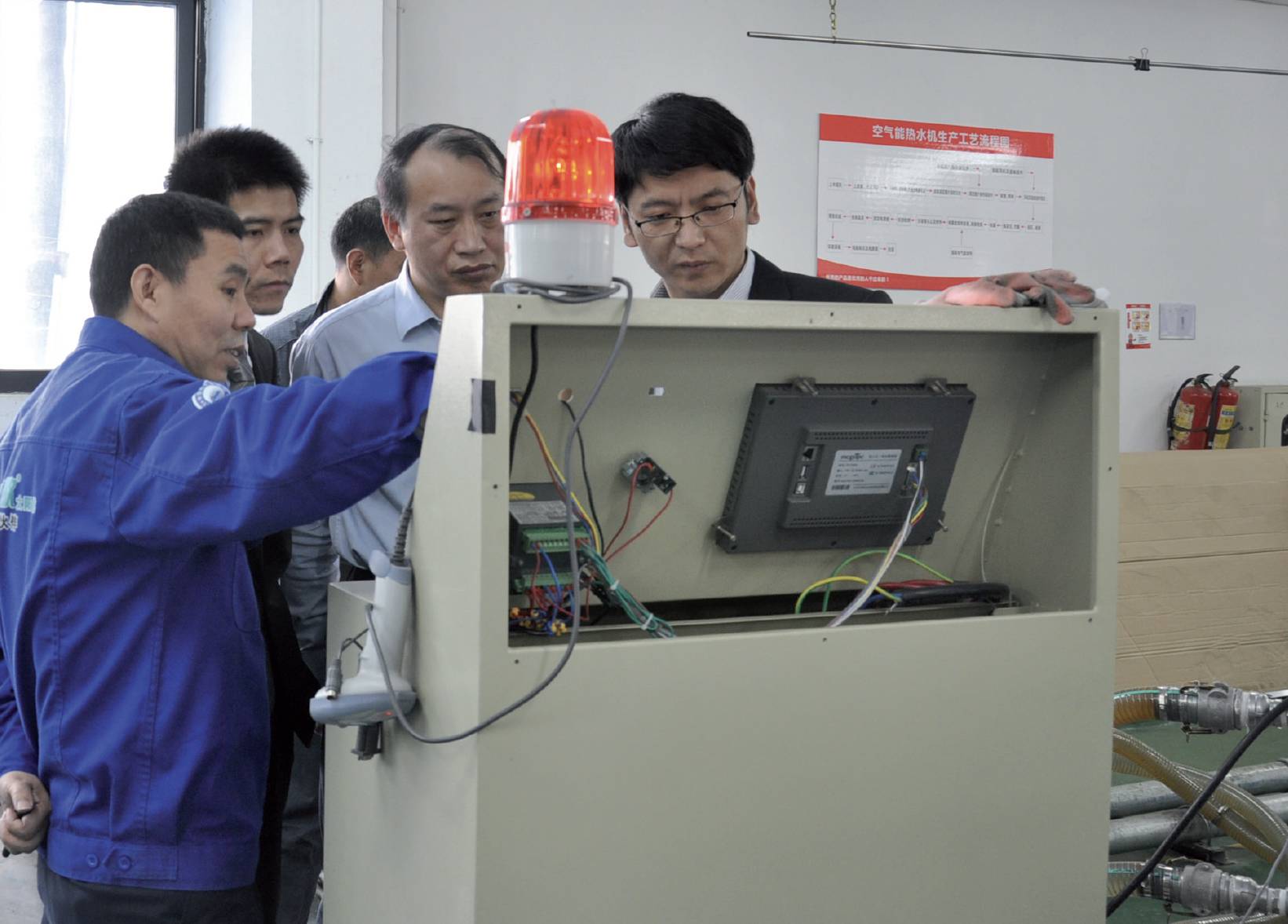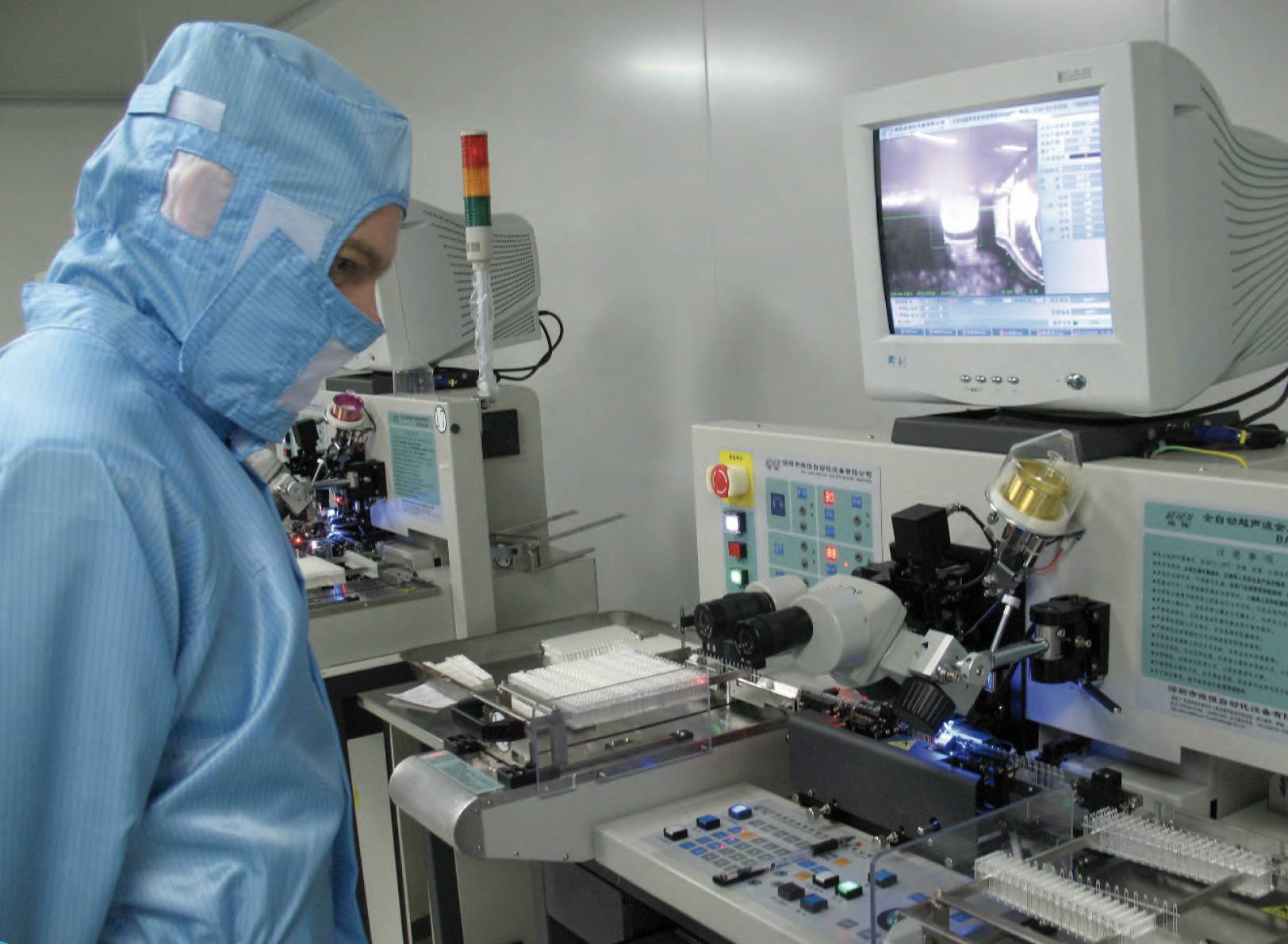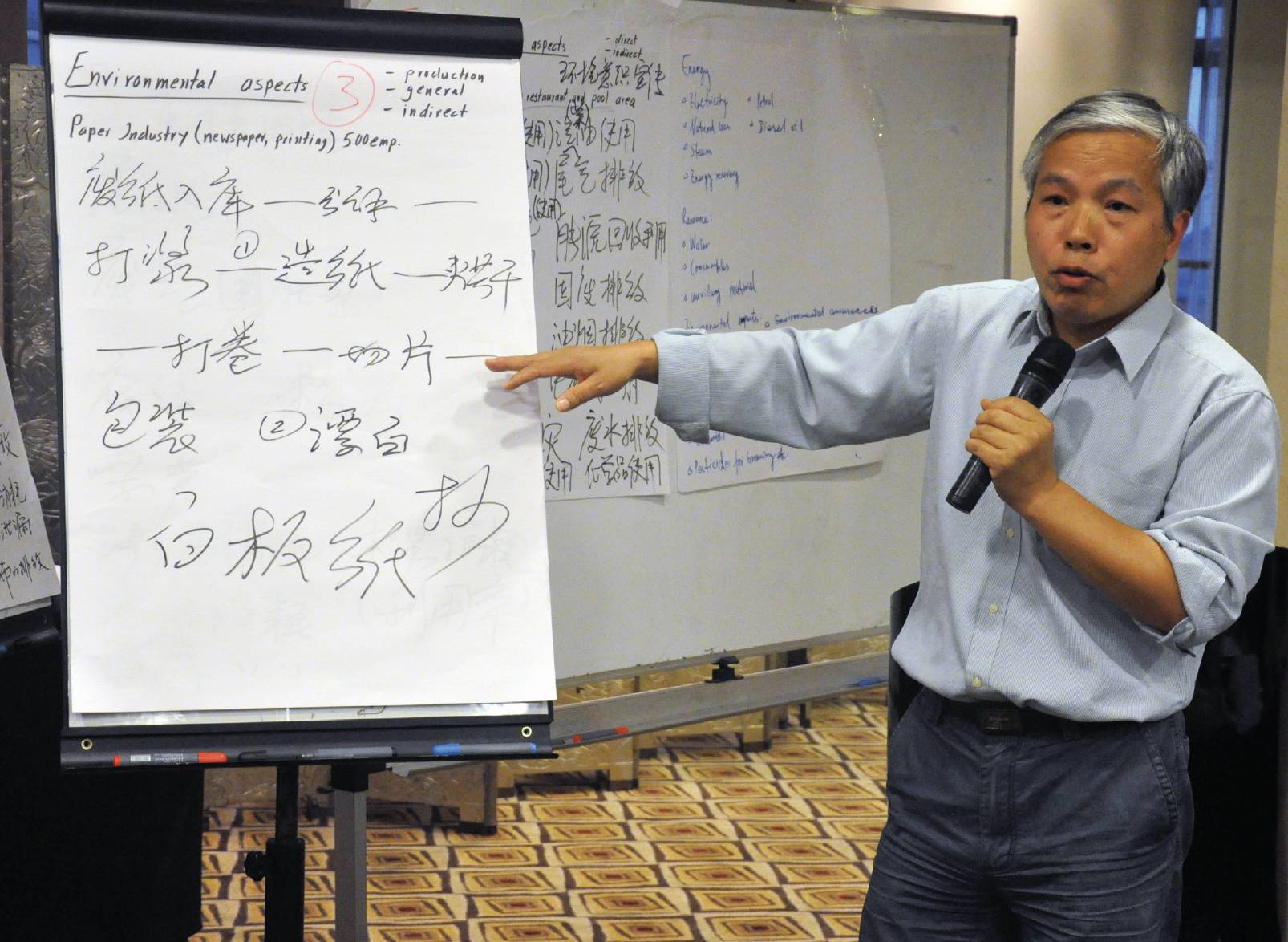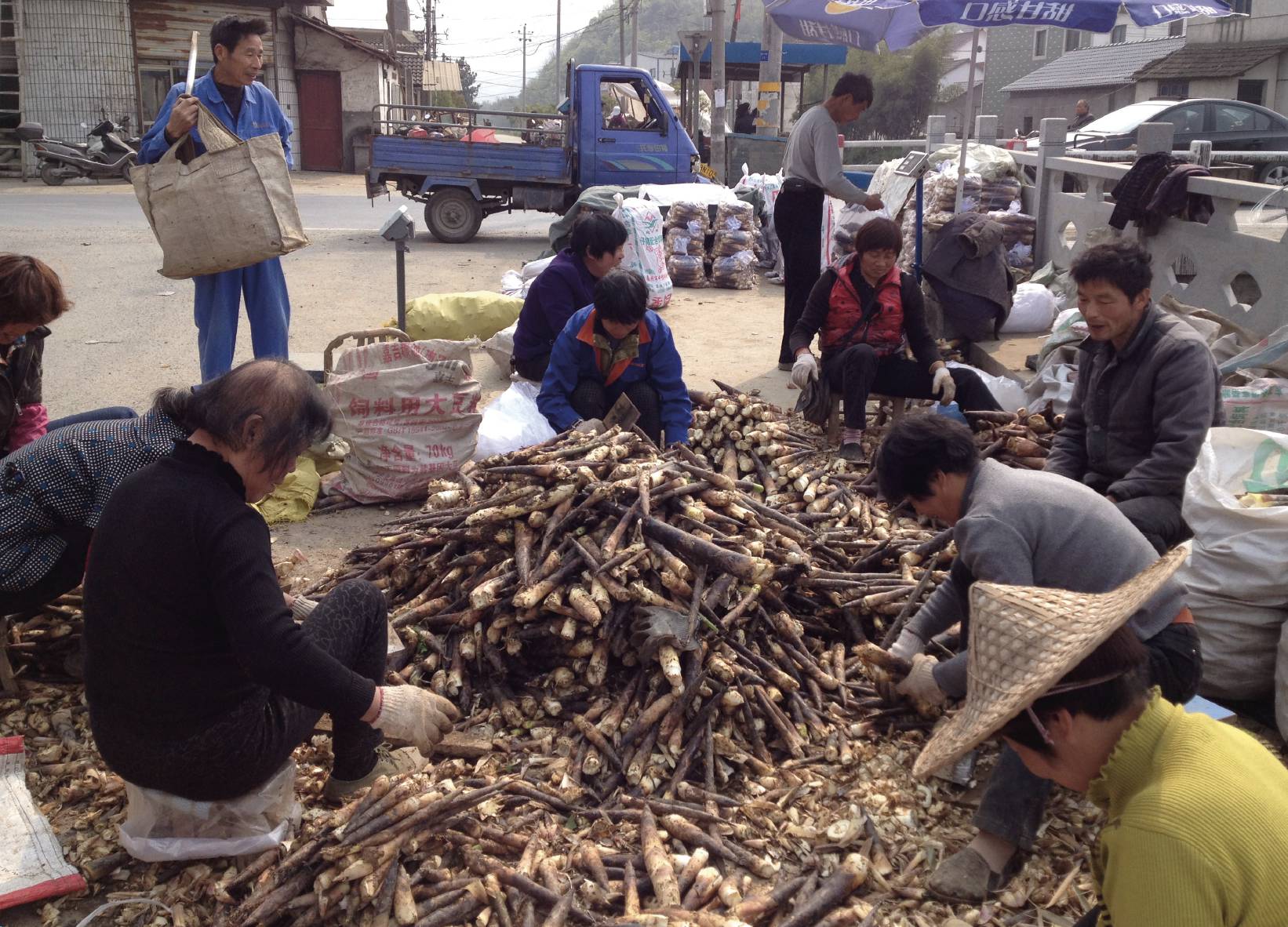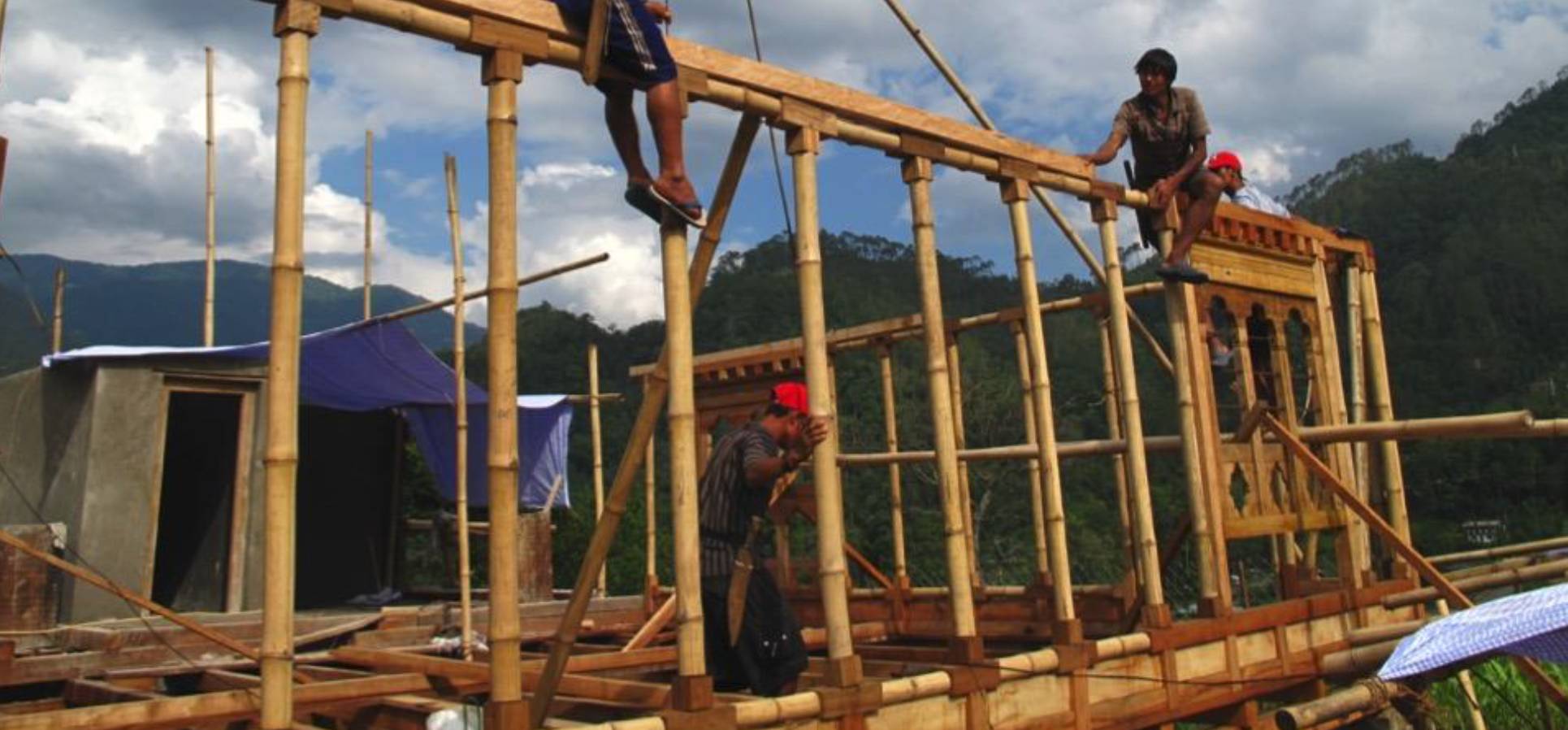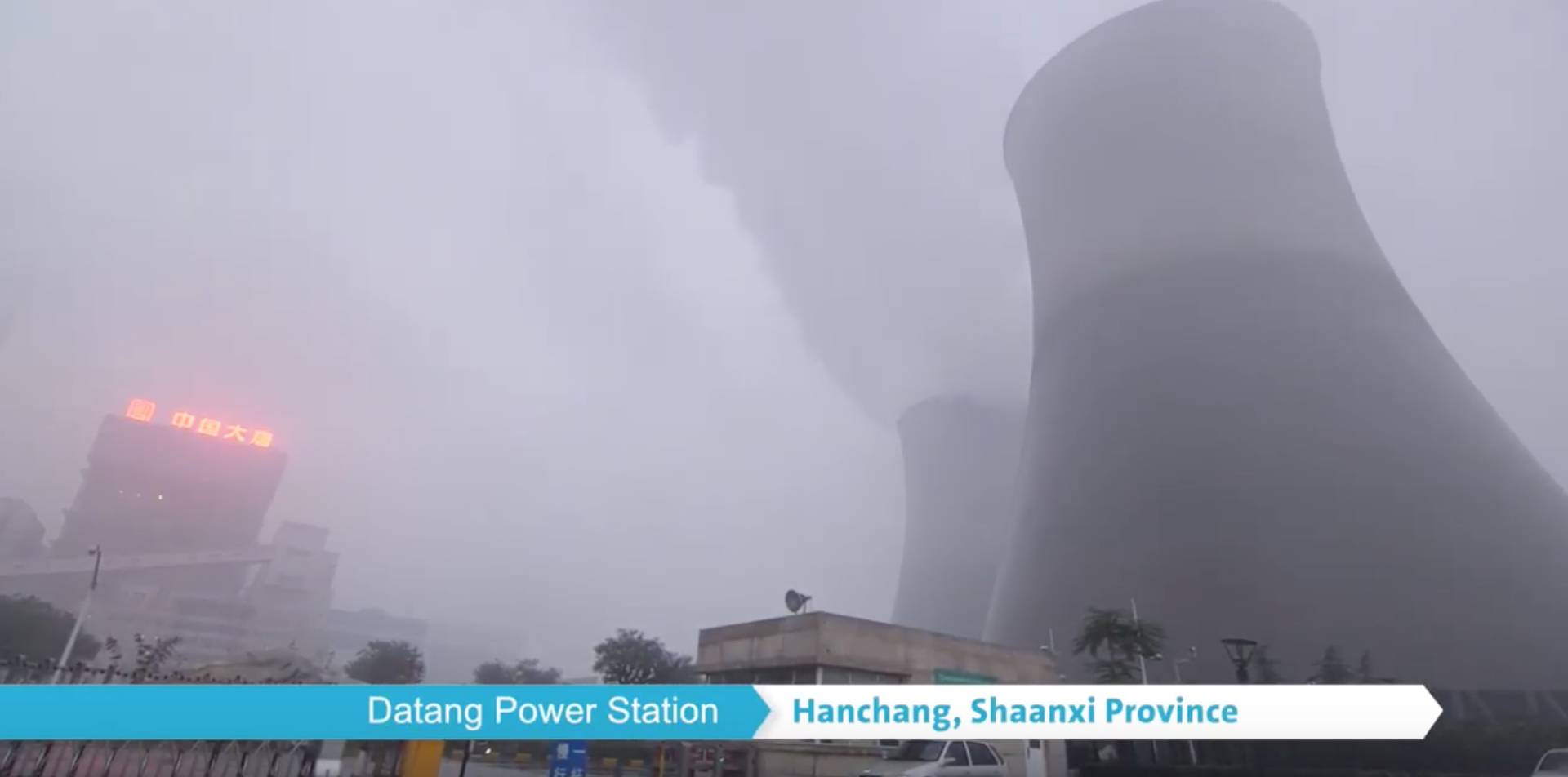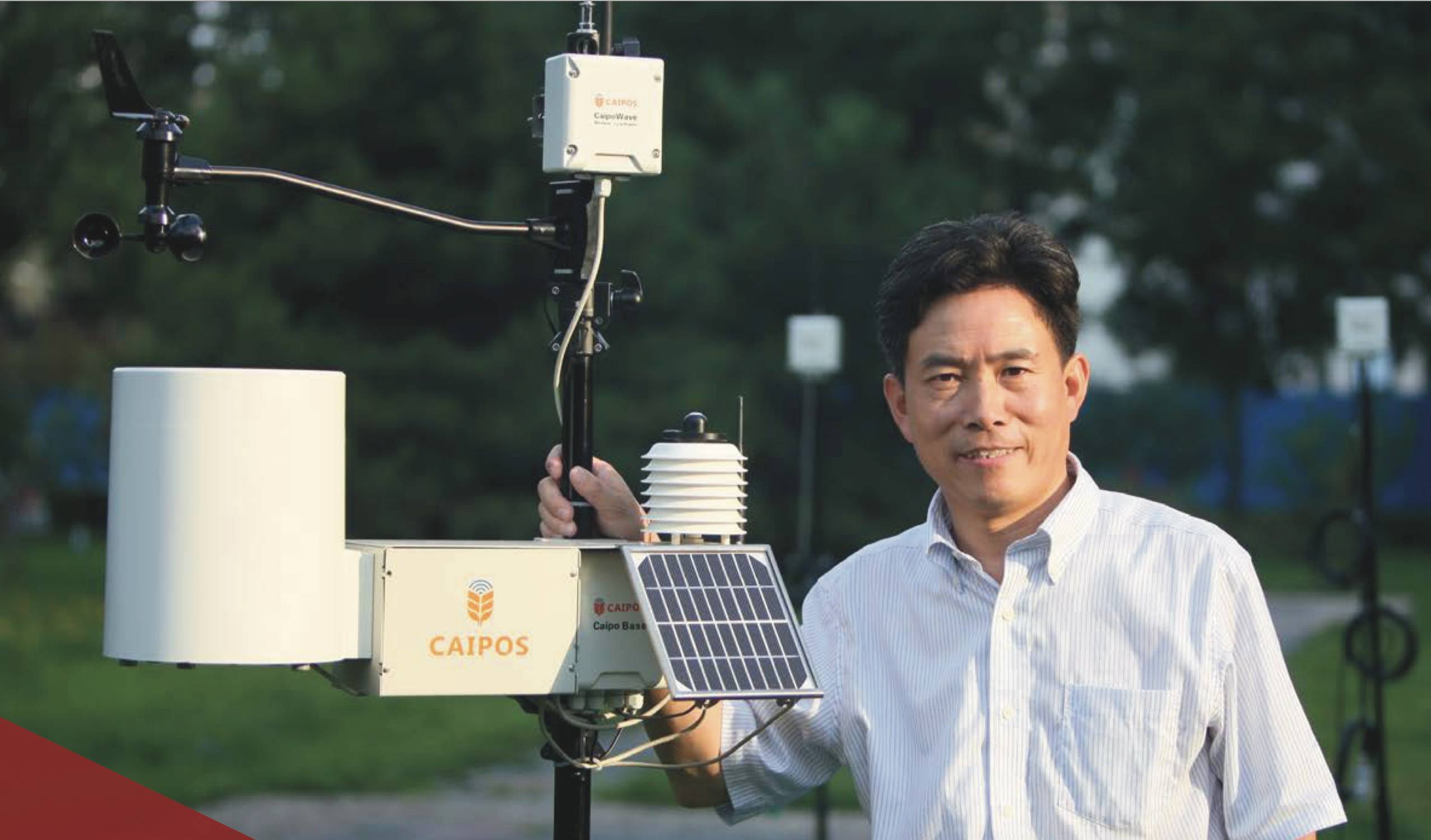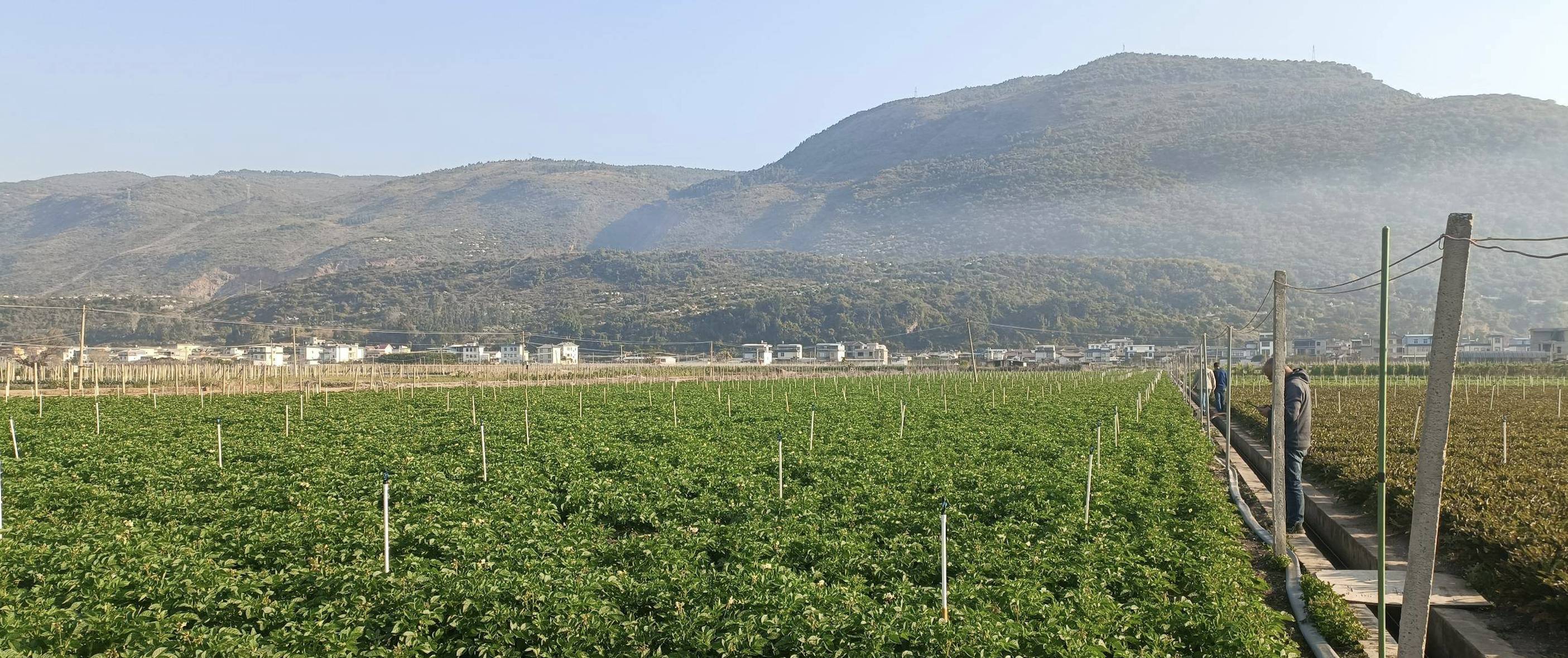
SCP Context
China National Context for SCP and Connection to the Global Agenda
China has embraced both the Paris Climate Agreement and Sustainable Development Goals (SDGs) as the need for transformative approaches to reduce greenhouse gas emissions and resource use has increased. This has included presenting its first Voluntary National Review of the Implementation of the 2030 Agenda for Sustainable Development at the 2016 High-level Political Forum in New York. These global initiatives are also in line with China’s Circular Economy, which was officially adopted in 2002 and puts SDG 12 on sustainable consumption and production at the centre of its efforts. Key SCP-related initiatives China has already rolled out include the Circular Economy Promotion Law (2008) and Cleaner Production Promotion Law, with National Five-Year Plans for Social and Economic Development; the Action Plan of Energy Development Strategy (2014); the Environmental Protection Law (2015) and the Guide Plan for Circular Development (2016). Under the SWITCH-Asia Grants Programme, 19 projects have been implemented in China through 2017, while there are three more currently active, supporting China’s shift to SCP.
Challenges
- Resource scarcity along with growing resource needs for production continue to require attention.
- Changing patterns among consumers put increased pressure on already limited resources.
- Green Public Procurement lacks necessary guidelines and information while there is low environmental awareness among government procurement personnel and suppliers.
- The environmental legal system contains many loopholes that allows businesses to escape compliance.
- As SMEs make up a significant portion of businesses in China, it is important to consider the access to finance obstacles for new technology.
Priorities
In addition to responding to the challenges, there are key sectors and activities that will promote overall effectiveness SCP efforts and the long-term success of the SDG implementation including:
- Policymakers require guidance and capacity building in order to craft effective innovation policy by examining specific policies that constitute the core of national innovation strategies.
- Energy and resource efficiency should be improved significantly, while energy, water, built-up land consumption and carbon emissions should be controlled effectively.
- Accelerate the establishment of a natural resources property rights systemand an assessment and compensation system for ecological damages.
- Substantially reduce food wasteduring production, processing, circulation and supply.
- Other key sectors include sustainable SMEs (business and innovation), sustainable waste (circular economy and waste) and mainstreaming circular economy/SCP.
Opportunities
- Strengthen structural reform of the supply frontin order to improve resource efficiency.
- Further build capacity of government, business, consumers and civil society on SCP,including integration of SCP concepts into the education system and building awareness on eco-labelling among consumers.
- Expand the use of media to promote SCPawareness among the public.
- Provide financial and technical assistance to SMEsto induce and enable eco-innovation towards resource efficiency.
- Continue capacity building with organisations with relevant expertiseto prepare Government officials and business leaders to understand the necessary actions.
- .Update technology and expand facilitiesin order to respond to emerging challenges such as e-waste.
SWITCH-Asia Activities
2018
SCP Facility
- Preliminary assessment of SCP related policies, activities, needs/gaps, and opportunities.
Regional Policy Advocacy Component (RPAC)
Facilitated the participation of Chinese key-stakeholders in the following regional/ sub-regional activities:
- Asia Pacific Low Carbon Lifestyles Challenge (19-22 Mar 2018), hosted by Thailand, regional level
- Transforming Asia Pacific: Innovative Solutions, Circular Economy and Low Carbon Lifestyles (17-19 Sep 2018), hosted by Thailand, regional level
- Asian Circular Economy Leadership Academy (3-8 Dec 2018), hosted by Thailand, regional level
2019
SCP Facility
- A multi-stakeholder consultation was organised on 28 February 2019.
- Consultations with China Association for Circular Economy are ongoing for follow-up activities.
Regional Policy Advocacy Component (RPAC)
Facilitated the participation of Chinese key-stakeholders in the following national activity:
- National High-Level Policy Dialogue on Sustainable Consumption for Policy Makers and Stakeholders (25 Apr 2019), China, national level
- Initiated a Survey and Analysis Report of the Current Situation of Sustainable Consumption in China
Facilitated the participation of Chinese key-stakeholders in the following regional/ sub-regional activities:
- “Sustainability Reporting – Thinking Circular Economy by Businesses” - This event was organised back-to-back with 2019 Asia Pacific Forum on Sustainable Development (27 Mar 2019), hosted by Thailand, regional level
- Businesses Accelerating Inclusive Green Economies – "Leaving No One Behind” - Side event on the Responsible Business and Human Rights Forum co-organised by the Royal Thai Government, OECD, United Nations Development Programme (UNDP), ESCAP, International Labour Organization (ILO) and with the participation of the UN Working Group on Business and Human Rights (11 Jun 2019), hosted by Thailand, regional level
- 2019 Southeast and Northeast Asia Policy Dialogue and Training on “Harmonizing SPP practices and Measuring SPP benefits” - The activity took place in parallel with a series of events related to green procurement organized by the China Environmental United Certification Center (CEC) (23 - 25 Oct 2019), hosted by China, regional level
- WEBINAR: SDG 12.1 Reporting for SWITCH-Asia Countries – Connecting the dots between actions and reporting (5 Nov 2019), regional level
- Policy Dialogue on SDG12 Reporting (21 Nov 2019), hosted by Vietnam, regional level
- 2019 SWITCH-Asia Leadership Academy on Circular Economy (2-6 Dec 2019), hosted by China, regional level
- "Supporting decision making on SCP through training on Sustainable Procurement” - This event was organised back-to-back with International Conference on Sustainable Energy and Green Technology 2019 (11 Dec 2019), hosted by Thailand, regional level
2020
Regional Policy Advocacy Component (RPAC)
- Provided technical support to China to mainstream sustainable consumption into national development plan through a report on ‘Analysis of the Current Situation on Sustainable Consumption in China’ developed by RPAC, the key policy recommendations of which have been integrated into the policy report from China Council for International Cooperation on Environment and Development (CCICED) supporting the pathway to China’s high-quality development during the 14th Five-Year Plan period.
Facilitated the participation of Chinese key-stakeholders in the following national activity:
- Support the respective governments in the elaboration of the documentation needed to report on SDG 12.
Facilitated the participation of Chinese key-stakeholders in the following regional/sub-regional activities:
- SWITCH2Green Meeting - RPAC initiated the discussion and shared the first report in 2020. (April 2020)
- MOVING THE NEEDLE ON CLIMATE CHANGE – The event was co-organised by the UNESCAP as a part of the 2020 Virtual United Nations Responsible Business and Human Right Forum (RBHRF) (10 Jun 2020), regional level
- WORLD ENVIRONMENT DAY 2020 – A media kit was provided to call for action to promote SCP as a part of the 2020 World Environment Day (WED) celebration (5-7 Jun 2020), regional level
- Intervention in regional forum: Webinar on Sustainable Lifestyles for Plastics & Packaging Waste Management During a Pandemic COVID-19 (6 Aug 2020), regional level
- SCP in Tourism: Opportunities and Challenges with COVID-19 (8 Oct 2020), regional level
- Innovation and Connectivity through Farm to Fork (13 Nov 2020), regional level
- Sustainable Lifestyles for SCP (19 Nov 2020), regional level
- Support to Steering Committee of SWITCH-Asia – Provide support for the annual Steering Committee Meeting to review each country proposed 2021 workplan (3 Dec 2020), regional level
- Regional Policy Dialogue on Circular Cities (4 Dec 2020), regional level
- Regional Dialogue Driving Mechanisms for Eco-Design in Asia (9 Dec 2020), regional level
- Leadership Academy on Circular Economy 2020 (14-18 Dec 2020), regional level
- Webinar: Innovations & Startups (16 Dec 2020), regional level
2021
Facilitated the participation of Chinese key-stakeholders in the following national activity:
- National Dialogue on Ecosystem Restoration and Sustainable Food Production and Consumption - The event was proposed as a part of the 2021 World Environment Day (WED) celebration which focused on “Ecosystem restoration” (3 June 2021), China, national level
Facilitated the participation of Chinese key-stakeholders in the following regional/sub-regional activities:
- Contextualising the Circular Economy for Action (4 Feb 2021), regional level
- Technology for Circular Economy: A Prologue to the 2021 SWITCH-Asia Leadership Academy (25 March 2021), regional level
- Circular Economy and Sustainable Lifestyles Course (18 May 2021), regional level


